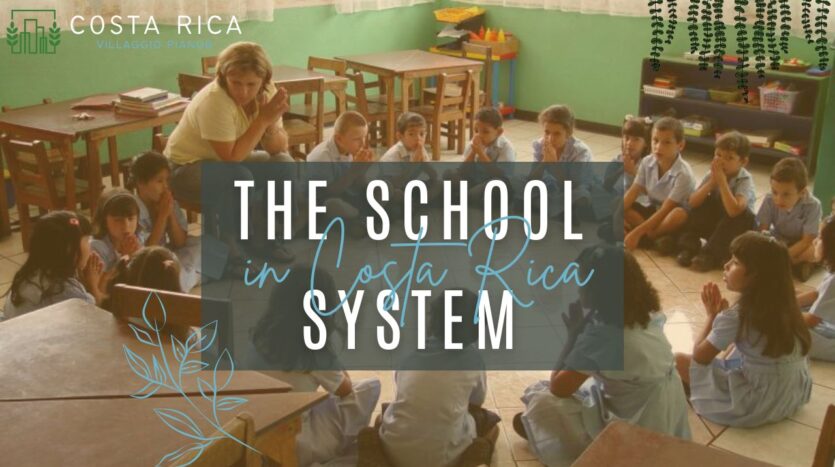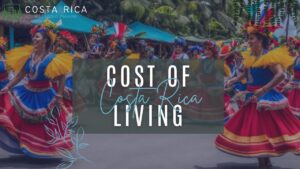How does the school system work in Costa Rica?
If you are planning to move to Costa Rica with your family, it is important to understand the country’s school system. In this video, we will explore what to expect for our children in terms of education. We will talk about the different educational levels, from primary to high school, and discuss the options available, including public, private and bilingual schools.
We will also examine the curriculum and teaching methodologies, as well as the resources and extracurricular activities offered in Costa Rican schools. We’ll also share practical advice on how to find the best school for your children and how to navigate the transition into the new education system. Whether you are a parent looking for information or simply curious about the school system in Costa Rica, this video will provide you with a comprehensive guide to help you make informed decisions for your children’s future.
The school system in Costa Rica is structured to provide free and compulsory education up to secondary school. Here’s how it generally works:
- Pre-school education: It is not compulsory but is offered in various public and private schools and nursery schools.
- Primary Education: It is compulsory for all children aged 6 to 12. Primary school is divided into two cycles of three years each (1st-3rd and 4th-6th grade).
- Secondary education: It is compulsory up to the age of 17 and includes two cycles: the first cycle (7th-9th grade) and the second cycle (10th-11th grade).
- Higher Education: It is not mandatory but is strongly encouraged. Includes technical institutes, high schools, and public and private universities. Students can obtain the bachillerato diploma (equivalent to a high school diploma) and continue with university courses to obtain degrees of various levels.
Characteristics of the School System in Costa Rica:
- Free: Public education is free up to secondary school, including textbooks and teaching materials.
- Quality: The system is committed to providing quality education, with a national curriculum that includes core subjects such as mathematics, science, languages, and social studies.
- Bilingualism: Bilingualism (Spanish and English) is promoted from the early school years to prepare students for globalization and the international job market.
- Inclusivity: The school system seeks to be inclusive, with programs for students with disabilities and attention to different educational needs.
- School autonomy: Schools have some autonomy in managing resources and educational planning, but must follow national guidelines.
- Assessment system: Students are assessed through national exams and continuous assessments throughout the school year.
Overall, the school system in Costa Rica is committed to providing equitable and quality education, promoting student participation, educational innovation and universal access to education.
Similar posts

Still looking for more information?
Contact our customer service and get all the answers that you need for your life in Costa Rica. We can help you to arrange your relocation as well as send you all the plots and villas available to purchase. Get in touch now!





 Sito web in Italiano
Sito web in Italiano